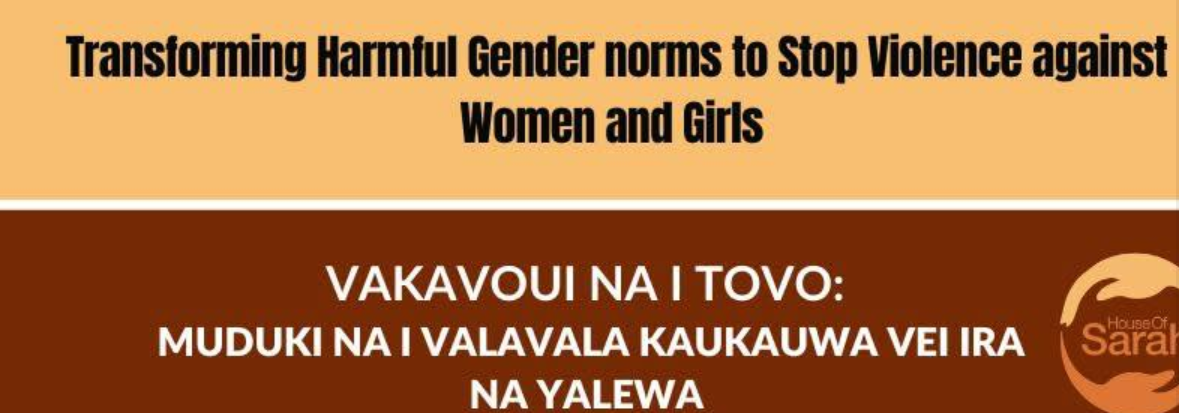House of Sarah
The House of Sarah(HoS) is a Faith-based organization committed to addressing violence against women
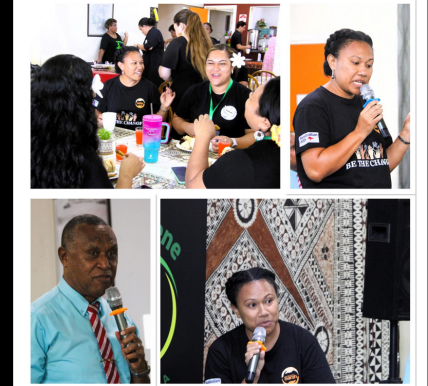
House of Sarah aims to empower women in their personal, spiritual, and professional lives through education, mentorship, leadership development, and outreach, fostering confidence, resilience, and well-being. By building a global support network, strengthening communities, embracing innovation, creating a lasting legacy, and forming strategic partnerships, the organization seeks to drive meaningful change for women and families worldwide.
What are your mission and values?
Mission– to provide a listening ear, a warm heart and a welcoming hand to those in need. Values– Equality, inclusiveness, Justice, compassion, dignity, Human rights.
What are your long term aims and vision for your organisation, ministry or business?
Empowering Women and Families: The overarching goal could be to empower women in their personal, spiritual, and professional lives. This could involve providing resources such as educational programs, mentorship, leadership development, and spiritual guidance. The ministry/business could aim to create lasting change in the lives of women and families, fostering self-confidence, resilience, and well-being.
Creating a Global Support Network: Building a global community where women from all walks of life can connect, share experiences, and support one another could be a long-term goal. Whether through physical gatherings, digital platforms, or local chapters, the vision could be to create a safe space for women around the world to thrive.
Strengthening Communities through Outreach: The long-term vision might involve outreach efforts that help build stronger, more resilient communities. Through partnerships, collaborations, and programs focused on social justice, education, and advocacy, House of Sarah could work to address key societal challenges and serve those in need.
Innovation and Adaptation: With the ever-changing landscape of digital tools and communication, the vision could include staying innovative in how House of Sarah engages with its audience. This could involve leveraging new technologies, offering virtual programming, creating digital resources, or adapting to the needs of future generations.
Legacy and Generational Impact: A key long-term aim might be to create a lasting legacy of transformation that will impact generations to come. Whether through the development of leadership pipelines, programs for young women, or multi-generational initiatives, House of Sarah could work toward leaving a lasting imprint on society.
Collaboration and Partnership: Building partnerships with like-minded organizations, both locally and globally, could be a major part of the long-term strategy. By collaborating, House of Sarah could amplify its impact and reach new audiences, while pooling resources and knowledge to address larger systemic issues.
What are your long term aims and vision for Fiji?
Elimination of Gender-Based Violence: The primary aim would be to eradicate all forms of violence against women and girls, including domestic violence, sexual violence, and human trafficking. This involves both prevention and response mechanisms that are robust, culturally sensitive, and accessible.
Strong Legal Framework: Strengthening laws related to gender-based violence and ensuring they are consistently enforced would be a central aim. T
Community Awareness and Engagement: Educating communities about gender equality, healthy relationships, and non-violence is crucial.
Empowerment of Women and Girls: Promoting economic, educational, and social opportunities for women and girls would be a key goal.
Access to Support Services: Ensuring that survivors of violence have access to comprehensive support services, including shelters, counseling, healthcare, legal aid, and rehabilitation programs.
Data Collection and Research: Collecting reliable data on the prevalence of violence against women and girls to better understand the issue and inform policies.
Collaboration with Regional and International Partners: Strengthening partnerships with regional organizations, UN agencies, and international bodies to share resources, best practices, and knowledge in combating violence against women and girls.
Cultural Sensitivity and Inclusivity: Understanding that Fiji’s diverse cultural context is central to addressing EVAWG effectively. This would involve working with local communities to tailor interventions that respect cultural norms while challenging harmful practices.
In the long run, the vision would be for Fiji to be a country where women and girls are not only free from violence but are also able to fully participate in all aspects of society, contributing to a more equitable, just, and peaceful nation.
House of Sarah Website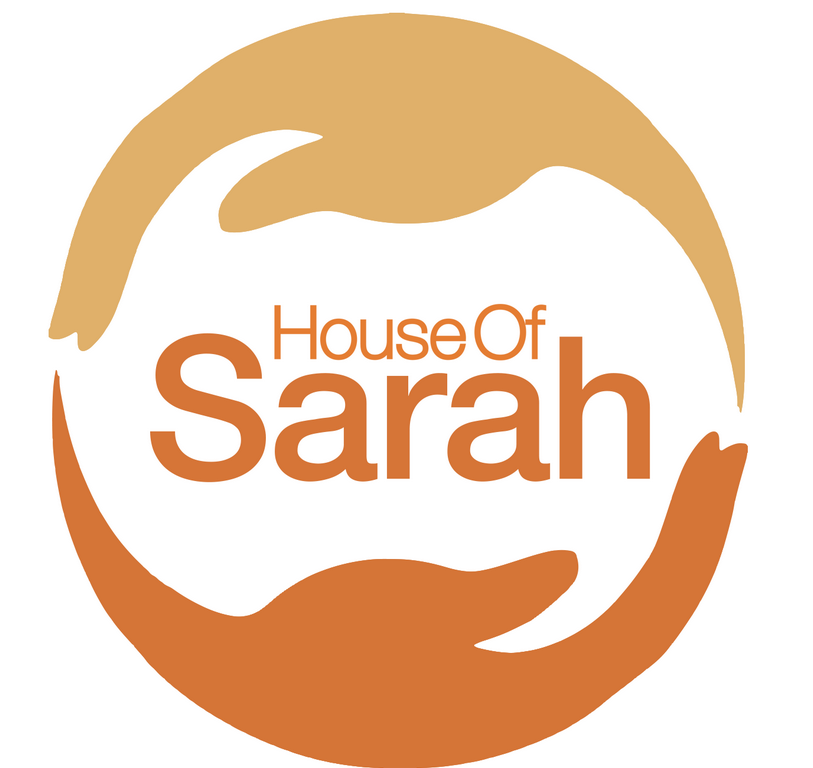
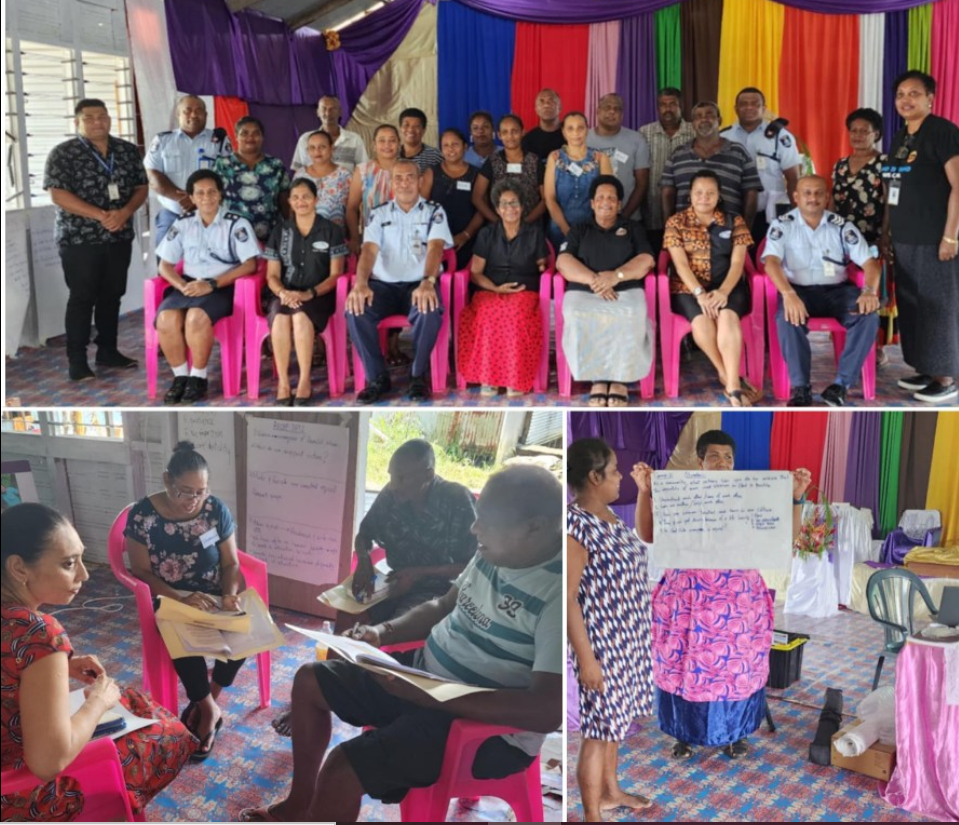
Limited Financial Resources (Low Income/Budgets)
Challenge: Many organizations, particularly non-profits or grassroots groups, often operate with limited budgets. This financial constraint restricts their ability to scale programs, hire specialized staff, or invest in long-term sustainability.
Impact: Limited funding affects program delivery, prevents the development of innovative solutions, and can make it difficult to sustain services or expand coverage to meet demand.
2. Lack of Sufficient Staff or Capacity Building
Challenge: Many organizations in the EVAWG space struggle with insufficient staffing levels or the need for more highly skilled professionals. The complexity of addressing gender-based violence requires experts in areas like law, social work, mental health, and community outreach, which can be hard to recruit in smaller or remote areas.
Impact: Insufficient staff capacity can lead to burnout, inadequate service delivery, and an inability to effectively reach or support survivors of violence. This also hinders the development of innovative strategies to address evolving needs.
3. Difficulty Finding Donors or Accessing Funding
Challenge: Securing consistent funding from donors is often one of the biggest challenges for organizations in the EVAWG space. Many donors focus on short-term projects rather than long-term commitments, and competition for limited funds is high.
Impact: This uncertainty in funding can impact the sustainability of programs, disrupt long-term planning, and limit the ability to launch new or innovative initiatives. It can also result in organizations being reliant on donor priorities rather than having the autonomy to pursue their own vision.
4. Difficulty Accessing or Expanding to New Markets or Communities
Challenge: Expanding services to marginalized or remote communities in Fiji can be difficult due to geographical barriers, logistical constraints, and varying levels of access to technology and communication. Additionally, cultural sensitivity is crucial when addressing such sensitive issues, and not all regions are ready or open to these conversations.
Impact: These barriers can limit the reach of programs, meaning that not all women and girls who need support will be able to access it. Furthermore, if an organization is not able to effectively engage with diverse communities, some groups may remain underserved or even unaware of available services.
5. Time Constraints to Develop New Programs or Concepts
Challenge: EVAWG organizations often face time constraints, which can be compounded by high demand for their services. The urgent need to provide support to survivors leaves little room for developing new concepts or innovative programs that could have long-term positive impacts.
Impact: Without time for research, development, and piloting of new ideas, organizations may struggle to adapt to emerging trends or find more efficient ways of addressing violence. Innovation becomes challenging in environments where urgent day-to-day operational needs take priority.
6. Limited Political Will or Policy Support
Challenge: In some cases, even with strong organizational efforts, there may be a lack of political will or insufficient policy frameworks supporting EVAWG. While Fiji has made significant strides in this area, policy implementation and enforcement can still face resistance or delays.
Impact: Without robust legal and policy backing, organizations may find it difficult to advocate for systemic change or hold perpetrators accountable, limiting the scope and impact of their work.
7. Cultural and Social Barriers
Challenge: Fiji, like many other regions, may have cultural norms or traditional practices that perpetuate gender-based violence. Changing entrenched attitudes or tackling harmful practices such as child marriage or gender inequality can be a slow and difficult process.
Impact: These social and cultural factors can create resistance to anti-violence campaigns, hinder the acceptance of new programs, and limit the effectiveness of outreach efforts, especially if not done with cultural sensitivity and local buy-in.
8. Monitoring and Evaluation Challenges
Challenge: Collecting accurate data on the prevalence of gender-based violence and evaluating the success of programs can be difficult. Survivors may not report incidents due to fear, stigma, or a lack of trust in authorities, making it challenging to assess the true impact of interventions.
Impact: Without clear data, it becomes harder to demonstrate outcomes to donors, refine strategies, and influence policy decisions.
9. Fragmentation of Services and Coordination Challenges
Challenge: . Lack of collaboration between stakeholders (government, NGOs, and community groups) can lead to duplication of efforts or missed opportunities for cross-sectoral support.
Impact: Fragmented services can result in survivors of violence receiving incomplete support, which can undermine the overall effectiveness of interventions.
Choose Your Action Project
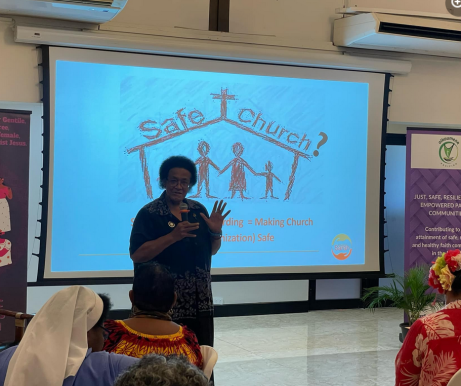
Action Project (87-01)
The House of Sarah is planning to open a shelter for survivors of domestic violence in Fiji and is seeking assistance in developing a comprehensive Service Guideline for shelter operations

Action Project (87-02)
The House of Sarah is planning to open a shelter for survivors of domestic violence in Fiji and is seeking assistance in compiling a policy report or template (that House of Sarah can use in the long run) on resident rights and responsibilities code and confidentiality policy.
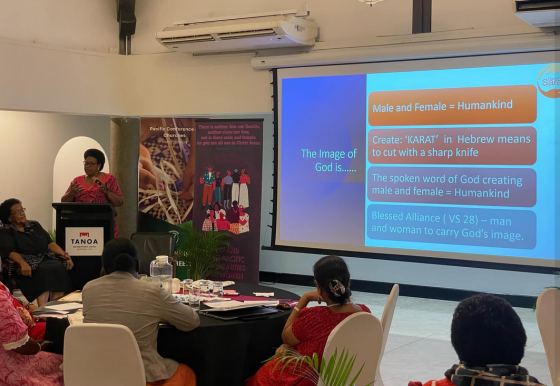
Action Project (87-03)
The House of Sarah is planning to open a shelter for survivors of domestic violence in Fiji and is seeking assistance in creating a health and wellness policy template and compiling a code of conduct handbook.
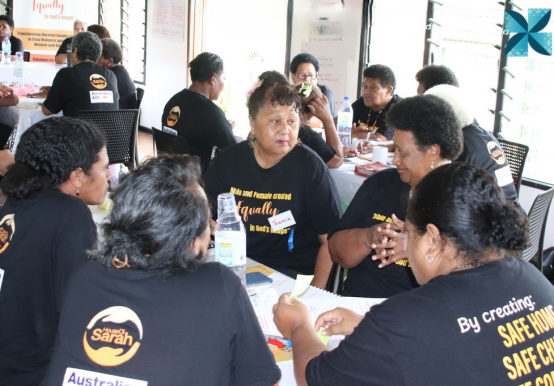
Action Project (87-04)
The House of Sarah is planning to open a shelter for survivors of domestic violence in Fiji and is seeking assistance in researching and developing key policies to support the shelter’s successful opening and operation.
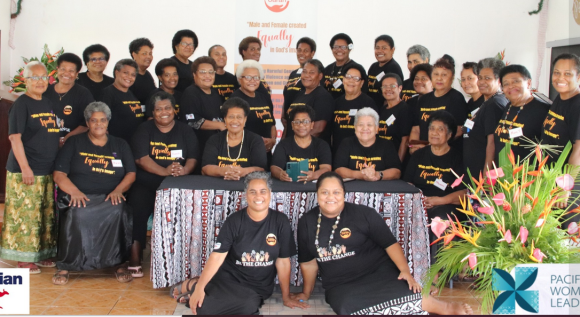
Action Project (87-05)
The House of Sarah is planning to open a shelter for survivors of domestic violence in Fiji and is seeking assistance in researching the processes to be approved as a voluntary institution in Fiji and the process to be a signatory to Fiji National Service Delivery Protocol for responding to case of GBV (Gender Based Violence)
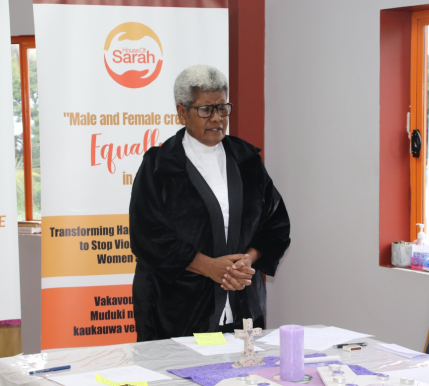
Action Project (87-06)
The House of Sarah is planning to open a shelter for survivors of domestic violence in Fiji and is seeking assistance in researching the processes to be approved as a voluntary institution in Fiji and the process to be a signatory to Fiji National Service Delivery Protocol for responding to case of GBV (Gender Based Violence)

